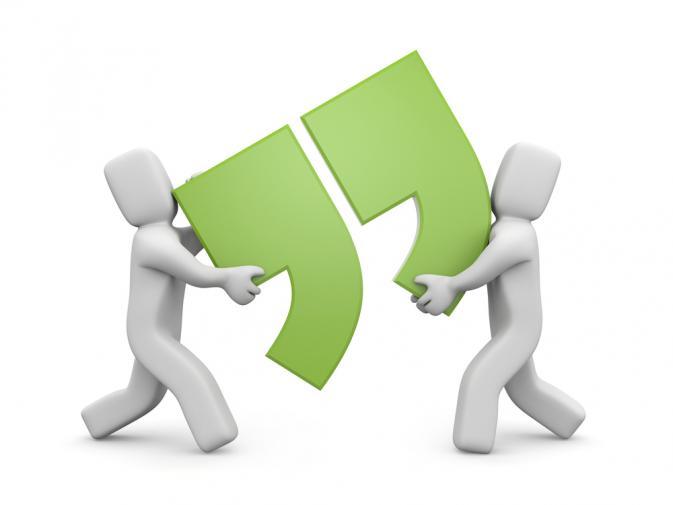About use MY data
Our Calls to Action and Position StatementsOur stance on transparencyThe Patient Data CitationOur ImpactFederated Data PlatformOur standards for engagement with external bodiesGRAIL & the NHS-Galleri TrialSubmissions to National ConsultationsOur evidence to the Welsh GovernmentThe Issue with TissueResearch Advisory Group (RAG)Citizen access to recordsGP Data for Planning and Research
Events
Join us
Education sessions
